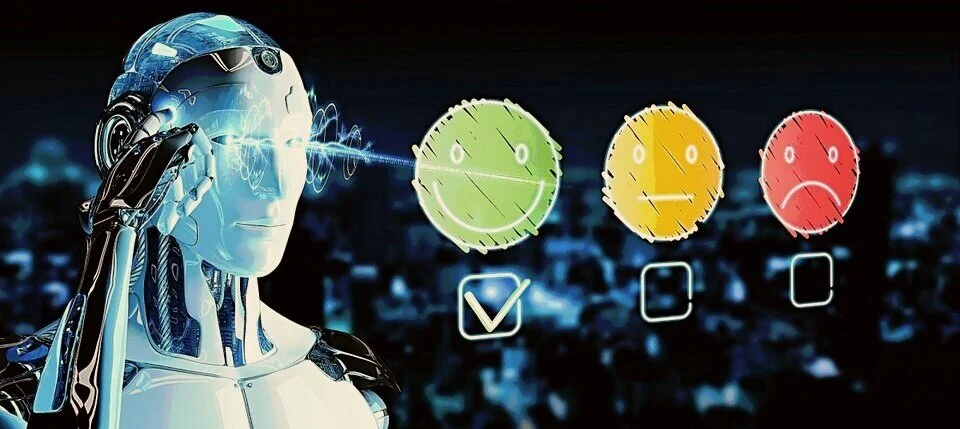Creative Destruction – What Came Before What’s Coming Next
Prior to the beginnings of Internet-based e-commerce, the computer was essentially a filing cabinet, handling the affairs of the back office, programmed under the file clerk metaphor: capture, storage, and retrieval of records. Today, however, we are not only seeing Sun Microsystems’ early vision that the network is the computer, now we can observe that the network is the business!
Read More




















